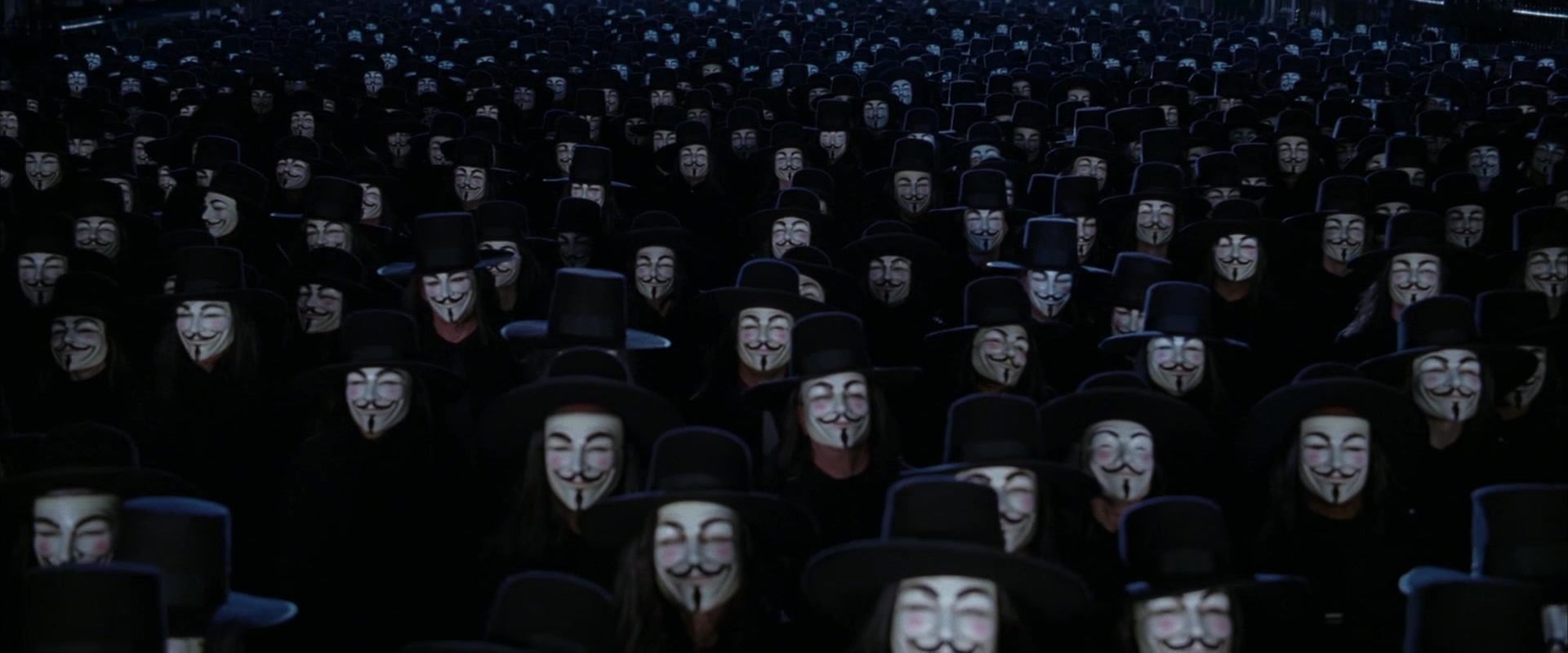Referring to this recent blog article from Prof. Tushnet: Abandoning Defensive Crouch Liberal Constitutionalism.
A representative conservative response, from the Christian Post, can be read here.
As I pondered the opinions of this execrable fellow, the assessment of anti-liberal attorney and author Jim Kalb came to mind:
Right-wingers are alarmed by totalitarian features of advanced liberalism: its insistent universalism, its theoretical coherence and simplicity, its resolute suppression of alternative principles of social order, its principled rejection of common sense, inherited ways, and the very concept of human nature. In the long run, they ask, how much difference can there be between “inclusiveness”—putting all persons and all human goals and actions into a single relation to a single universal and comprehensive order of things—and “Everything in the State, nothing outside the State, nothing against the State”? If anything, the former aspiration seems more unlimited and therefore more frightening.
From the liberal standpoint, of course, all this is a joke. The liberal state is different from every other state. It’s a system of power that isn’t a system of power. It has a ruling class of experts, functionaries and lawyers that is reliably disinterested and moral. By controlling everything it sets everything free. That’s why it’s not fanaticism but moderation to say that only liberal states are legitimate. Worrying about “totalitarian liberalism” is like worrying about “oppression by neutrality” or “enslavement by freedom.” It might be an interesting paradox, but as a practical matter it just shows there’s something wrong with you. Above all, liberals are good people and don’t do bad things except to the extent they fall short of liberalism.
Still, what are the practicalities? It may be right—I think it is—to shrug off the liberal self-image as hopelessly self-deluded, but there are some things to say in its favor. In principle, liberalism may be far more ambitious than Mussolini’s fascism, and its ultimate goals may be far more inhuman, but it habitually proceeds by much softer means. Rather than crush an opposing force directly it weakens it by a thousand influences that make it unable to function and assert itself. Criminal prosecutions, when they come, are just a way of formalizing and putting beyond dispute a principle that’s already all but universally accepted. The Swedish government didn’t decide to toss Ake Green in the slammer for a sermon denouncing homosexuality until the Swedes had abandoned religion, made the provident state the basis of everything, and decided that since family relationships no longer served a serious function the sole public standard for sexual connections would be universal equal acceptance. When they came for Pastor Green, no one defended him and they could do what they wanted without being forced outside their comfort zone.
In the end, the liberal state is not principled, and nothing built into liberalism limits how far it can go. Nonetheless, it’s enduringly squeamish. It will use the final measure of force only against weak opponents whom everyone that matters has agreed to hold in contempt. Groups and institutions that stand firm, present their views forcefully and confidently, and keep on going in the face of abuse—who preach the word in all settings, in season and out of season—will prevail. That’s something Catholics, among others, need to remember. How bad things get—and they could get very, very bad—is up to us.
My own response to Tushnet, which I sent to him in an email, reads as follows:
OK, but just as long as we are permitted to treat you like Commies right back.
All sorts of stuff to be read into that one, isn't there, professor? :>)
It's clear from Tushnet's article that liberal-left activists will continue to use lawfare to produce "fundamental change" in these here United States, and that the losers in that war should be treated like defeated Confederates, nay, defeated Nazis. Of course, implied in all this is the notion that the activist courts will continue to be able to rely on American law enforcement to do their will.
But what if that notion is a faulty one? What happens if American law enforcement, and I'm thinking here mainly Middle American law enforcement, refuses to enforce the law, or what happens if a blindly obedient law enforcement runs up against a popular counterforce they have absolutely no chance of defeating?
What then, Professor Tushnet?
